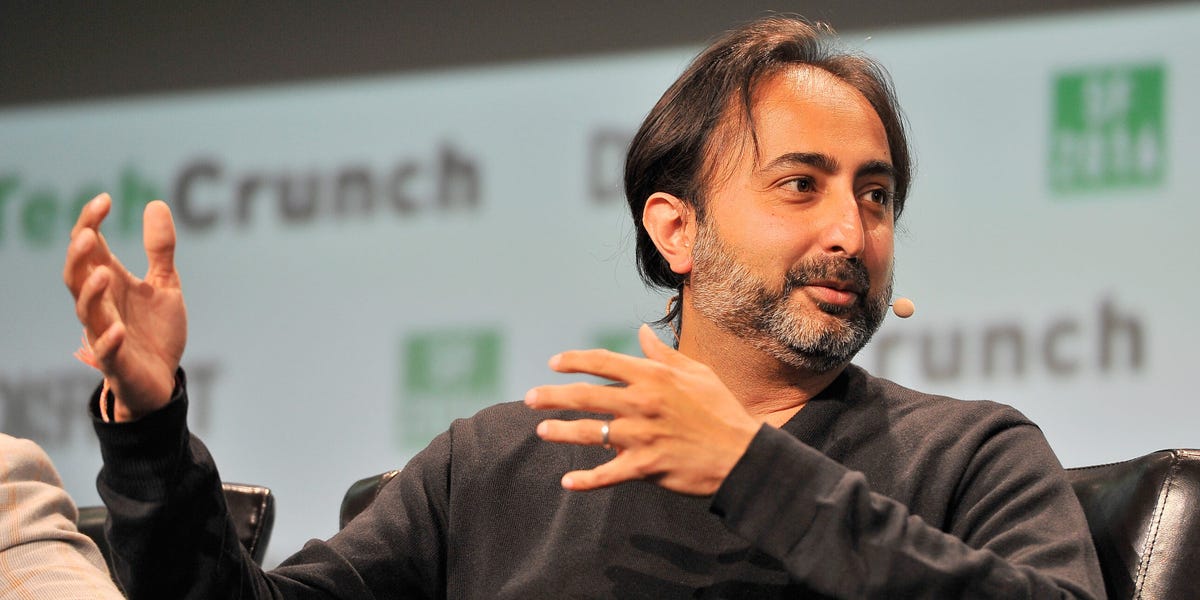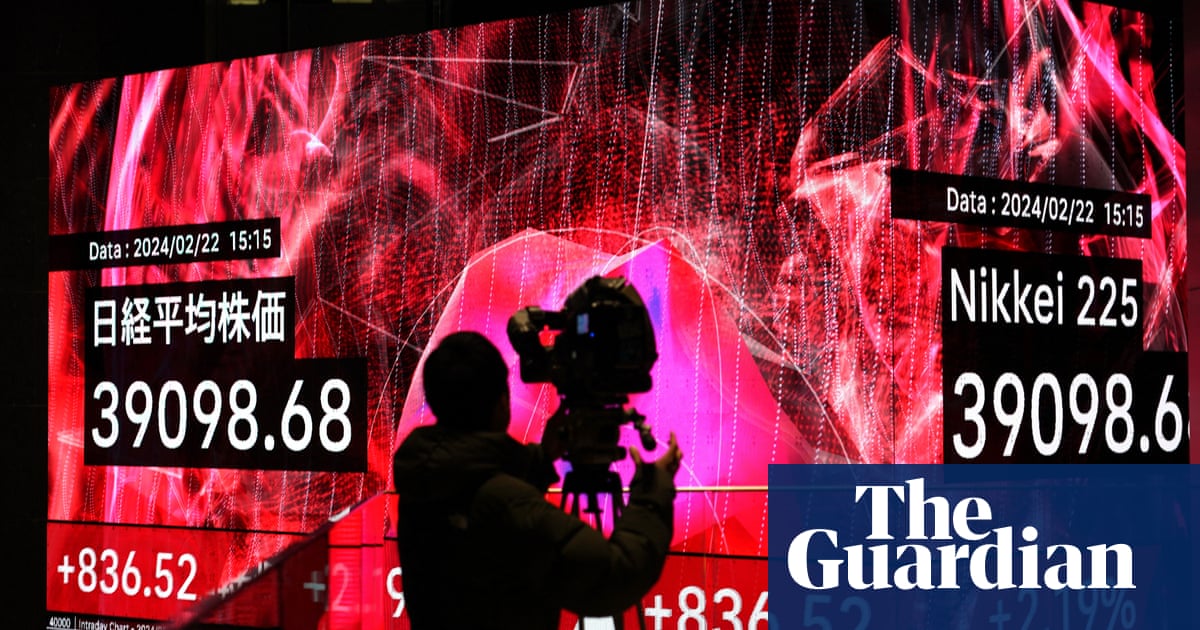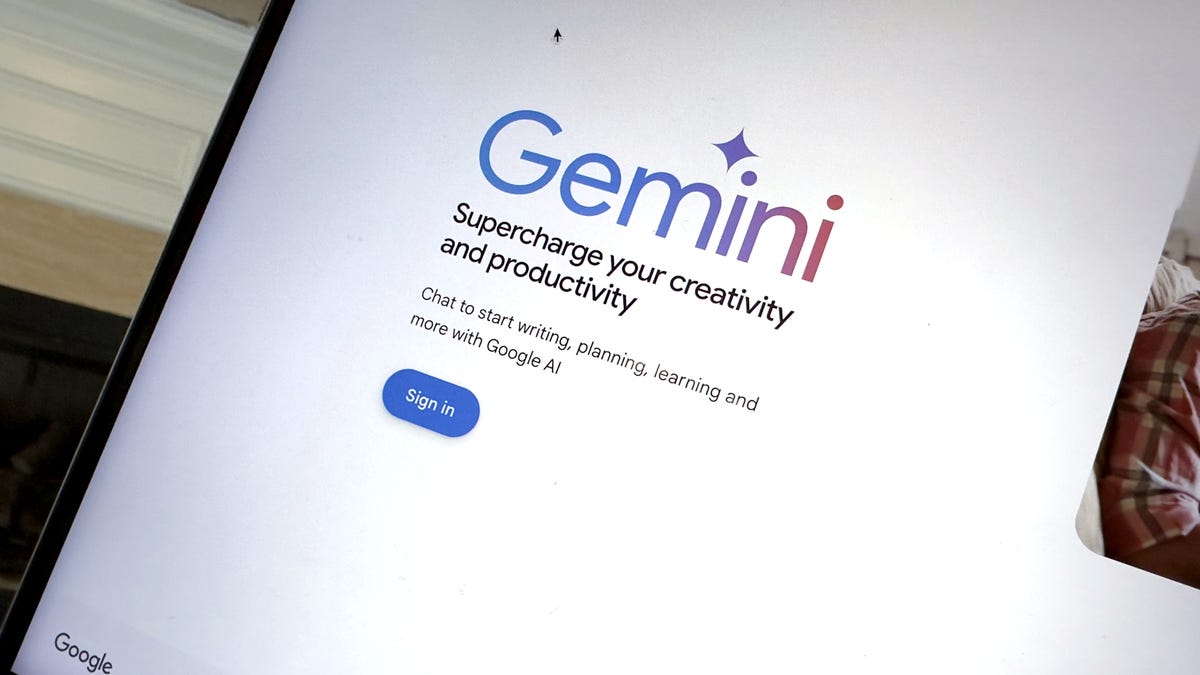Rebecca Torrence
Hemant Taneja, the CEO and managing director of General Catalyst, is at the forefront of discussions about the future of artificial intelligence (AI) on a global scale.
In the race for AI dominance among nations worldwide, there is a growing consensus among investors that a unified approach to the trajectory of artificial intelligence is essential. Hemant Taneja, a prominent Silicon Valley venture capitalist whose firm has supported tech giants such as Snap and Stripe, emphasizes the importance of establishing “guardrails” and fostering a spirit of “collaboration” across borders.
During The Wall Street Journal’s CIO Network Summit, Taneja highlighted the increasing momentum in AI development and the diverse aspirations of different countries towards this technology. He emphasized the necessity of a “collaboration model” that aligns all nations towards a common goal. Taneja, whose firm has also invested in companies like Livongo, is actively engaged in shaping guidelines for the future of AI alongside other venture capital firms, AI enterprises, and the US Commerce Department.
The current landscape reflects a scenario where each country pursues its unique AI strategy, incorporating distinct cultural nuances into the technology. Taneja warns against the risk of isolationism in AI development, advocating instead for a unified approach that mirrors the collaborative nature of the internet’s evolution. He emphasizes the need for a shared framework that establishes guardrails to propel progress responsibly.
As governments worldwide grapple with the complexities of AI regulation, the stakes are high. Projections indicate that AI could significantly impact the global economy, potentially contributing up to $15.7 trillion by 2030, according to PwC.
The European Union is on the verge of implementing the AI Act, a legislation that will set varying standards for AI applications based on their level of risk. This act, scheduled for approval by the European Parliament in April and slated for enforcement in 2026, will impose stricter regulations on AI usage in critical areas like hiring and law enforcement.
In contrast, China has already authorized over 40 AI models, emphasizing adherence to socialist values. However, challenges loom as the country faces restrictions on crucial technological components necessary for AI development following US sanctions.
While the US remains a frontrunner in AI innovation with entities like OpenAI leading the charge, regulatory frameworks are still evolving. President Joe Biden’s executive order in October directed agencies to devise AI standards and enhance oversight over major AI initiatives. Yet, the extent and enforceability of these regulations remain uncertain.
In the realm of AI development, Russia trails behind China and the US. President Vladimir Putin has outlined plans for a strategic AI initiative to prevent Western dominance in AI innovation.
Taneja proposes a collaborative approach among world leaders to establish fundamental protocols for AI development. He cautions against premature regulation, underscoring the need to comprehensively grasp the technology’s potential before imposing stringent rules.
Navigating the complexities of AI governance requires balancing ideological differences among nations while ensuring equitable opportunities for innovation across all sectors.










